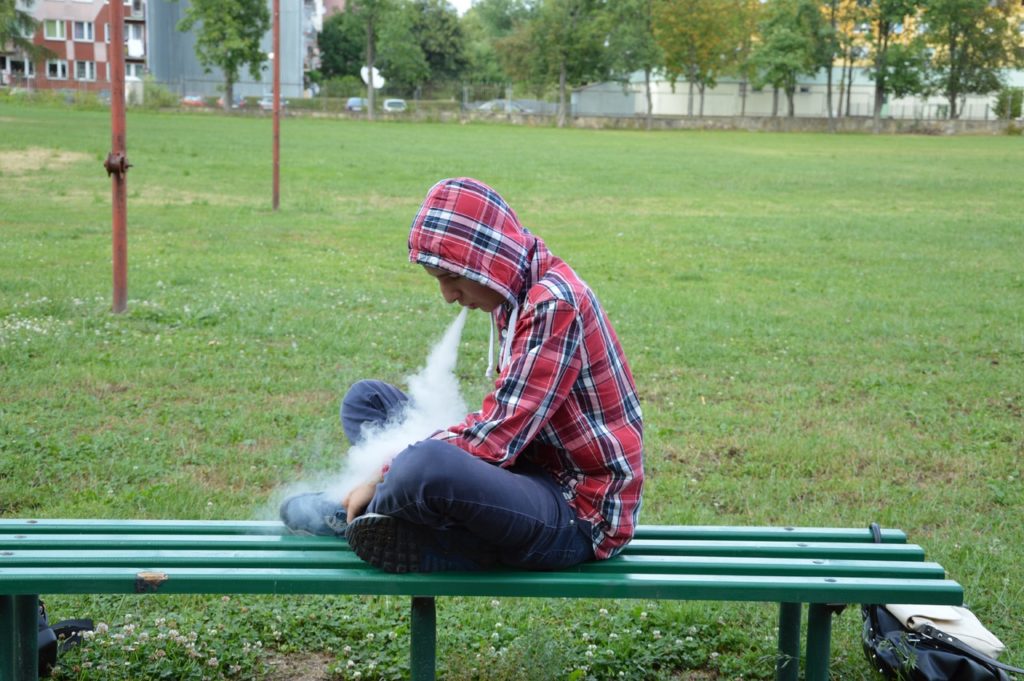While the Netherlands has banned e-cigarettes with flavours since the start of this year, a transition period to withdraw them from the market will be allowed until October. In Belgium, legislation on vaping will soon be tightened as well.
From 1 January 2023, the sale of flavoured e-cigarettes has been banned in the Netherlands, according to the Dutch Tobacco and Tobacco Products Act. From now on, liquids for vaping may only taste like traditional tobacco.
However, to give Dutch vape retailers time to adjust, a transition period has been provided: they will no longer be allowed to market new flavours, but they will still be allowed to sell their stocks until 1 October. From then on, all e-cigarettes with a flavour other than tobacco flavour will be banned in the country.
The ban comes after a report by the Trimbos Institute showed that flavourings increase the attractiveness of e-cigarettes, especially among young people. There is also increasing evidence that e-cigarettes are a stepping stone to regular cigarettes.
What about Belgium?
In Belgium, such a ban is not yet imminent, and according to Felix Rijkers of the Belgian retailers selling vape goods VapeBel, such a ban would not be a good thing either.
"If a product in a Dutch shop suddenly becomes unavailable, they will simply look for shops that do still sell and ship it, from Germany or France for example. So you have legislation that completely defeats its purpose."
Such a ban on flavours for vaping is not imminent in Belgium, but Federal Health Minister Frank Vandenbroucke recently announced that the trade will also be curbed very soon.
"E-cigarettes contain some 1,800 different products of which we are far from knowing all the health consequences," he said. "Maybe some people will switch from regular cigarettes to e-cigarettes, but maybe by using e-cigarettes people will just end up smoking regular cigarettes."
Related News
- Belgium bans smoking on all train stations from January
- Vapers more likely to get asthma
- Marijuana smoke more harmful to lungs of tobacco smokers, US study finds
Specifically, a Royal Decree will be published very soon, imposing a number of additional conditions on the sale of flavoured e-cigarettes in Belgium, Vandenbroucke said in VRT's Terzake news programme two weeks ago. "No more trendy names will be allowed to be given to those flavours, and lights will no longer be allowed on e-cigarettes either."
As in the Netherlands, there will be a transition period in Belgium: the industry will have six months to adapt to the new rules. Retailers will get another six months on top of that to sell their stock.
The legislation follows new advice from the Superior Health Council, which emphasised that vaping is less harmful than regular smoking, but also stressed that there are still health risks. While most of the flavourings and aromas in e-cigarettes are already approved for use in food products, their effect when inhaled is still insufficiently known.

